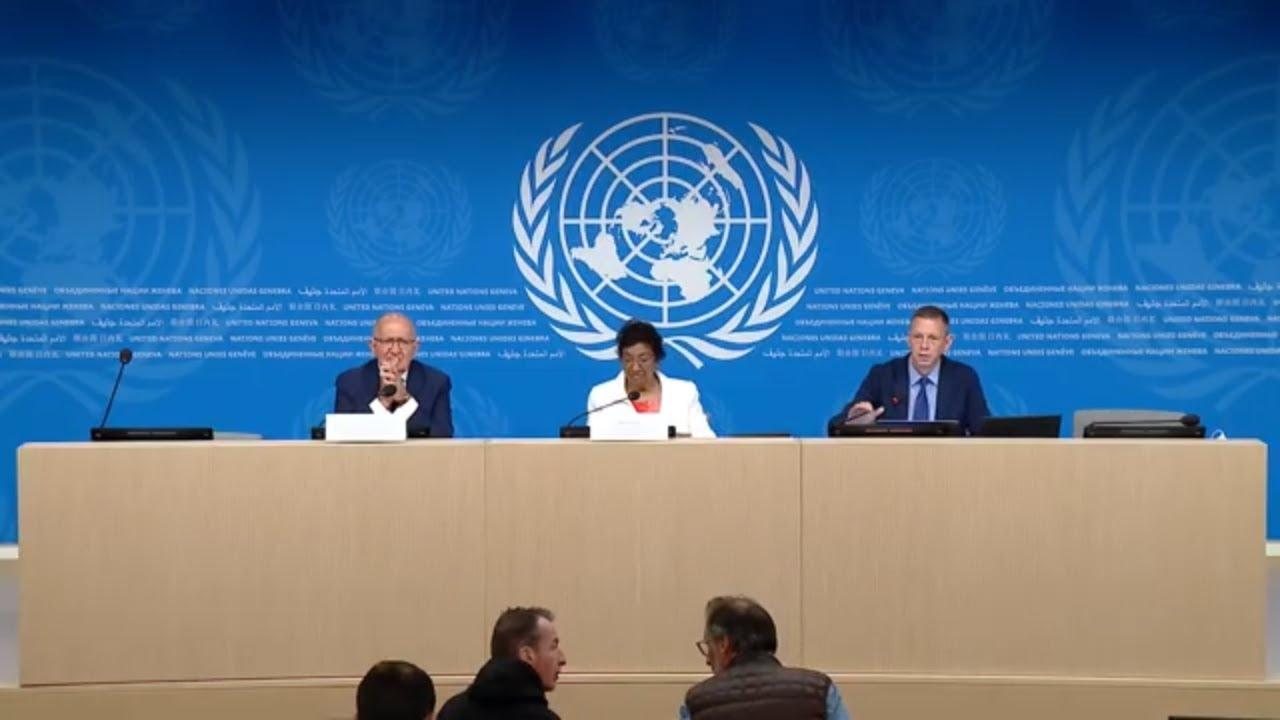
In September 2025, a marked surge in U.S. immigration enforcement flights raised significant concerns among advocates and communities alike. Human Rights First documented this alarming trend, illuminating the impact of increased deportations on vulnerable populations. This blog post provides a comprehensive overview of the escalating number of flights, underscoring the urgent need for accountability and oversight within the immigration enforcement system. By shedding light on these developments, we aim to raise awareness about the pressing human rights issues at play and advocate for meaningful reforms.
As we delve into the complexities of this situation, we will examine the implications of expedited deportations on due process for those affected. The lack of adequate legal representation and the hurried nature of these enforcement actions call into question the fairness and integrity of our immigration policies. By advocating for the protection of human rights, we emphasize the importance of ensuring justice and compassion in the enforcement of U.S. immigration laws. Join us as we navigate through the critical landscape of immigration enforcement in September 2025, highlighting the need for a more humane approach that respects the rights and dignity of all individuals.
Highlighting the surge in immigration enforcement flights in September 2025
In September 2025, the landscape of U.S. immigration enforcement took a notable turn, with a significant increase in the number of deportation flights executed by U.S. Immigration and Customs Enforcement (ICE). This surge reflects a broader trend in immigration policy focusing on heightened enforcement measures. As families continue to face uncertainty and distress, the rise in flights serves as a stark reminder of the challenges many individuals encounter within the immigration system. The data indicates that ICE ramped up its operations, generating widespread concerns about the effects of these intensified enforcement actions on communities across the country.
The escalation of immigration enforcement flights in September has stirred alarm among human rights advocates, policymakers, and affected communities. Participants in the migration process often express the feeling of being trapped within a complex system, where fear and anxiety loom large. The notable increase in flights raises questions about the motivations behind these actions and the potential repercussions for those caught in an increasingly rapid deportation cycle. As these developments unfold, it becomes imperative to discuss and critically assess the human impact of such policies, ensuring that the narratives of individuals facing deportation are brought to the forefront of this important conversation.
Examining due process implications for affected individuals
As immigration enforcement flights surge in September 2025, the implications for due process become increasingly concerning. Many individuals facing deportation may not fully understand their rights or have access to legal counsel. This lack of resources further complicates their ability to navigate the complex immigration system. The speed at which these flights are conducted often bypasses crucial legal protocols designed to protect the rights of detainees. Consequently, individuals may find themselves removed from the U.S. without having the opportunity for a fair hearing or any meaningful recourse.
Moreover, the reliance on expedited processes emphasizes the need for reform in how immigration cases are handled. Due process is not just a legal formality; it is a fundamental human right that ensures every person receives a fair chance to present their case. The increase in enforcement actions raises questions about the adequacy of judicial oversight in immigration matters. As more individuals face the threat of swift deportation, it becomes vital for advocates and policymakers to scrutinize the systems in place and ensure that every affected person is granted the due process they deserve.
Advocating for human rights and accountability in U.S. immigration policies
The increase in immigration enforcement flights in September 2025 raises urgent questions about human rights and the ethical responsibilities of U.S. authorities. Advocates emphasize the need for accountability, demanding that immigration policies adhere to the principles of justice and respect for individual rights. As stories of families torn apart by sudden deportations circulate, the call for reforms grows louder. Many organizations push for reforms that ensure transparency in the decision-making processes and advocate for legal protections that uphold the dignity of all individuals involved.
Furthermore, community voices play a crucial role in holding the government accountable. Civic groups and human rights organizations are mobilizing to shed light on the implications of these flights, urging policymakers to reconsider the ramifications of aggressive enforcement strategies. By fostering public awareness and advocating for humane treatment, these organizations significantly impact the dialogue surrounding U.S. immigration policies. Their efforts underscore the importance of viewing immigration not just as a legal issue but as a matter of human rights, urging society to foster a more compassionate and fair approach to individuals seeking safety and stability.